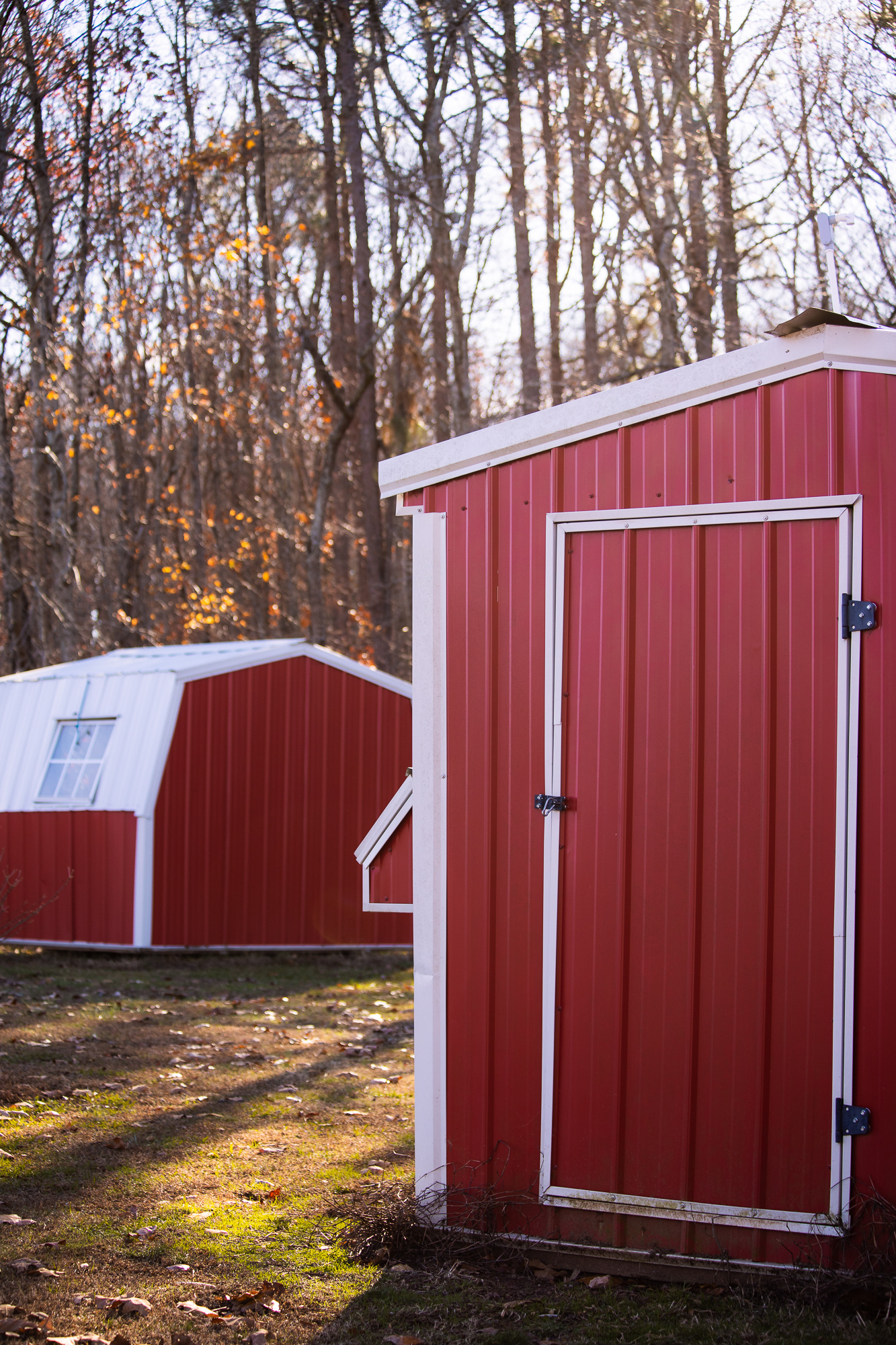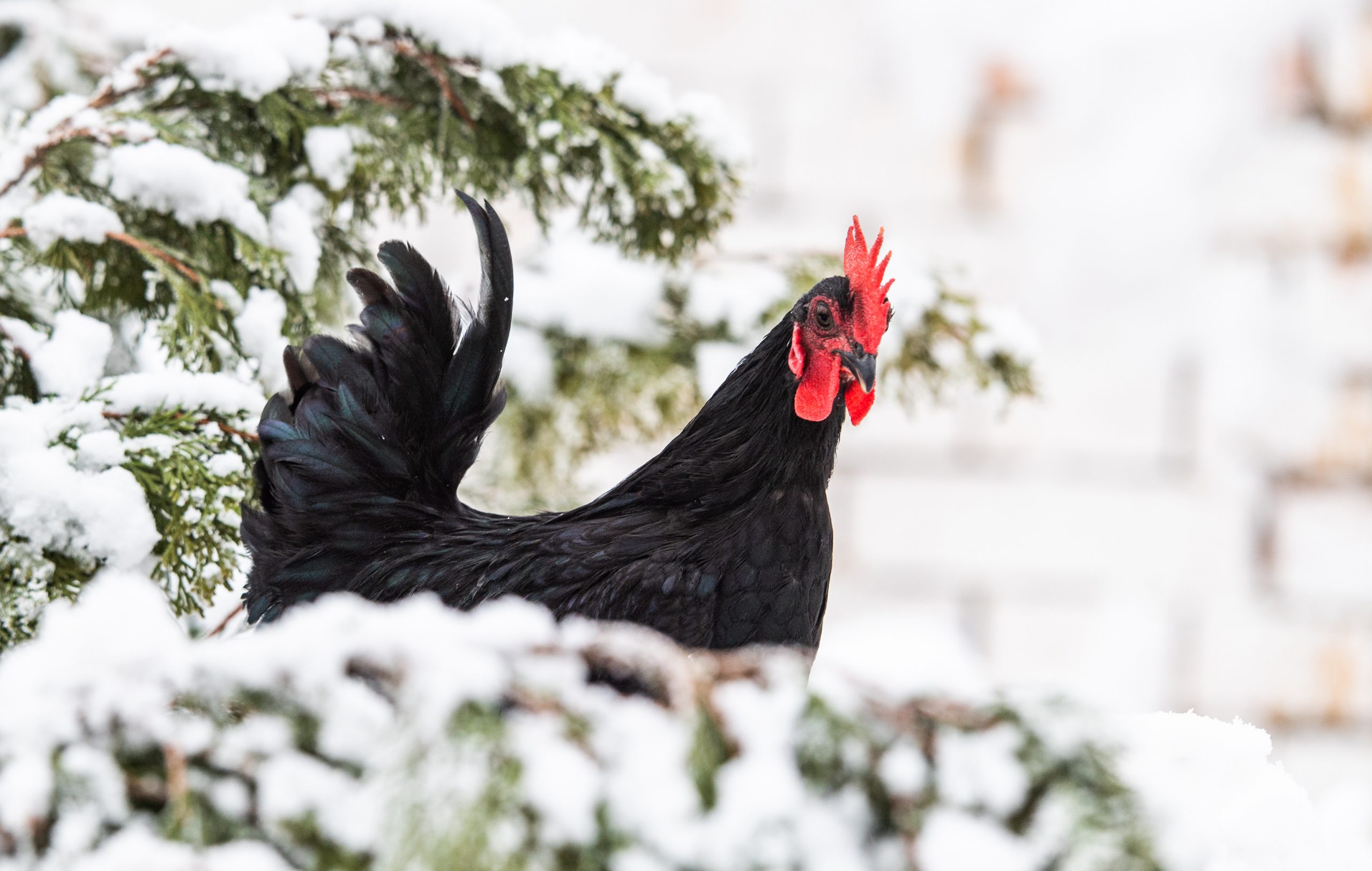With the cold weather officially here, the danger of frostbite rears its ugly head
Frost bite occurs when moisture in the air freezes This moisture tends to settle on the faces and combs of our chickens As the chickens are sleeping, their breath is released, creating moisture in the air Chickens with larger combs are more likely to get frostbite for the single reason that they have more unprotected surface area on their faces Parts of the body covered in feathers are protected from the settling moisture The freezing particles of water burn the skin and actually cause tissue damage

